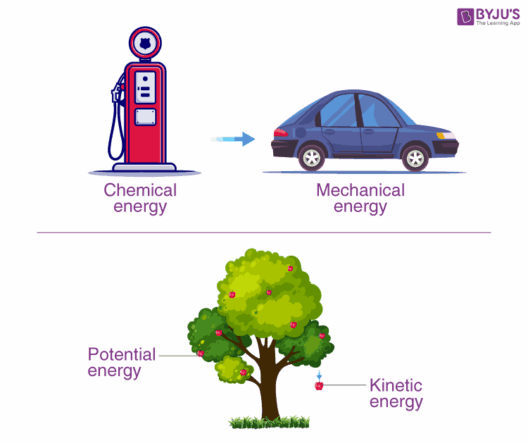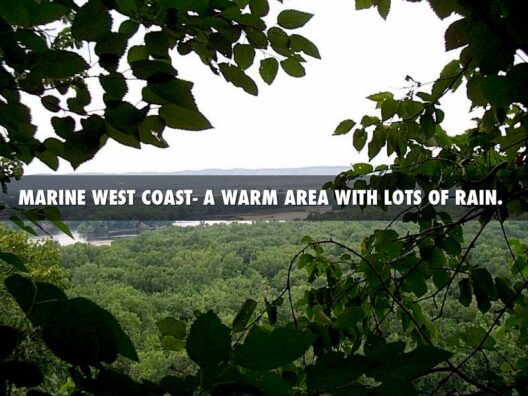In recent years, discussions surrounding global warming have intensified, with considerable focus placed on human activity as a catalyst for climate change. The phenomenon—characterized by rising temperatures due to greenhouse gas emissions—has incited vigorous debates. The essential question arises: Are we, as a society, truly the architects of our climatic woes? Delving into the intricate web of environmental changes reveals a spectrum of factors extending beyond mere human irresponsibility.
To ascertain our role in global warming, it is essential to explore the fundamental science behind this complex issue. Anthropogenic activities, particularly the burning of fossil fuels, have significantly increased concentrations of carbon dioxide (CO2) and other greenhouse gases in the atmosphere. Industrialization has led to a proliferation of factories that expel pollutants, while power generation from coal, oil, and gas creates a substantial carbon footprint. In this context, human activity appears culpable, as the acceleration of climate change aligns closely with industrial growth.
However, while humans face scrutiny, it is paramount to recognize the natural processes that also contribute significantly to climate variability. For instance, volcanic eruptions emit vast quantities of CO2 and other particulates into the atmosphere. Solar radiation variations influence the Earth’s climate as well, impacting temperatures and weather patterns. These natural phenomena remind us that while human actions are pivotal, the climate system is inherently complex and influenced by multifaceted interactions.
Moreover, a keen examination of historical climate epochs reveals that fluctuations in Earth’s climate have occurred long before the advent of industrialization. The Earth has experienced ice ages and warming periods driven by natural mechanisms, such as plate tectonics and oceanic currents. This historical perspective beckons further inquiry: Is the current climate crisis solely a human construct, or are we merely exacerbating an ongoing environmental narrative?
The “Blame Game” becomes particularly contentious when considering socio-economic factors that intertwine with environmental degradation. Many individuals within industrialized societies often engage in environmental harm subconsciously, driven by a hyper-consumerist culture that prizes convenience over sustainability. This cultural paradigm perpetuates unsustainable practices—plastic proliferation and excessive resource consumption offer vivid examples of our detachment from ecological balance. Yet, it is crucial to recognize that responsibility does not rest on individual shoulders alone but on systemic structures that prioritize profit over planet.
As we progress through the 21st century, significant disparities across the globe complicate the narrative further. Developing nations face the daunting challenge of historical injustice, where industrialized countries have reaped the benefits of fossil fuels while the developing world grapples with the consequences of climate change. In this scenario, equity comes into play; industrial nations must confront their legacies and share the burden of environmental stewardship.
While engaging in this multi-layered discourse, public sentiment often oscillates between denial and alarmism. This dichotomy arguably stems from the dissemination of misinformation and the politicization of scientific findings. The nuances of climate science, often oversimplified or distorted, render the public vulnerable to cognitive dissonance, creating fertile ground for climate skepticism. Why are so many resistant to acknowledging the overwhelming scientific consensus? This query taps into deeper emotional and psychological realms, intertwining fears of economic upheaval with a profound sense of helplessness.
In grappling with the complexities surrounding climate change, a philosophical examination is warranted. What constitutes responsibility? Should the onus lie solely on individuals, or do larger systems warrant scrutiny? Recognizing that humans are part of a broader ecological tapestry compels a shift in perspective. It suggests that solutions must transcend individual actions, advocating for comprehensive policies that harness innovation while fostering sustainable practices. This multifaceted approach is vital in addressing not just the symptoms but the underlying causes of environmental degradation.
Ultimately, the dialogue surrounding global warming must embrace a holistic perspective. Acknowledging human activity as a contributing factor does not negate the relevance of nature’s role in climate dynamics. Rather, it clarifies that we are entwined within a complex ecosystem that necessitates cooperative stewardship. Initiatives aimed at reducing greenhouse gas emissions, advancing renewable energy technologies, and promoting sustainable agriculture are crucial components in combating climate change.
The way forward requires collective action—not just from governments and corporations but also from individuals who can advocate for meaningful change. Grassroots movements have demonstrated that local initiatives can inspire larger transformations. A unified front that intertwines equity, innovation, and education is paramount for cultivating a sustainable future. The interplay of economics, politics, and personal responsibility must yield actionable solutions founded on a understanding of our shared predicament.
The narrative of whether we are the architects of our climatic despair continues to evolve. While humanity bears significant responsibility for the exacerbation of global warming, dismissing the role of natural processes would be a disservice to a comprehensive understanding of the issue. Thus, it is incumbent upon society to engage in continuous dialogue, probing the depths of these complexities as we seek long-lasting solutions to secure a more sustainable planet for future generations.







